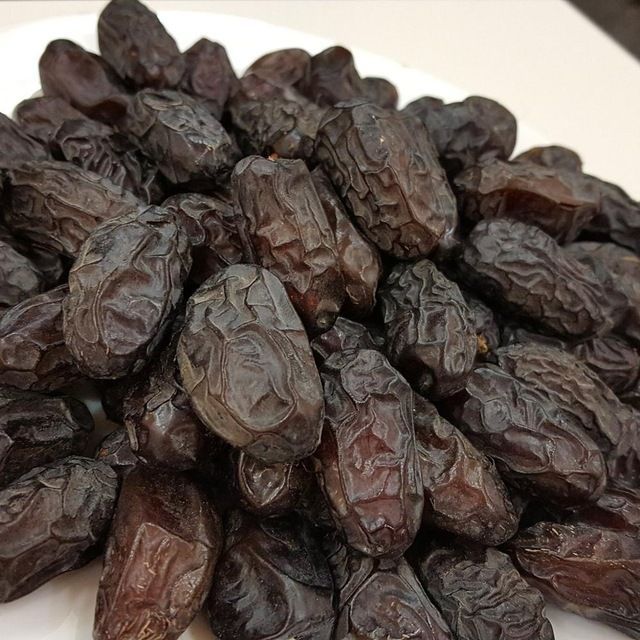Kurma Malaysia: Global Dates Consumption Trends

Introduction:
Malaysia, a Southeast Asian nation known for its vibrant culture and delectable cuisine, has embraced the delectable world of dates, often referred to as “kurma.” But how does Malaysia’s love for kurma compare to the global date consumption scene? Let’s embark on a journey to explore the fascinating world of dates!
Kurma Malaysia: A Sweet Tradition
Kurma Malaysia holds a special place, particularly during Ramadan and festive occasions. The rich, syrupy sweetness of dates perfectly complements traditional Malay dishes, adding a touch of elegance to every meal. From being enjoyed whole to incorporated into desserts and sweet treats, kurma has become an integral part of the Malaysian culinary experience.
Beyond Malaysia: A Look at Global Date Production and Consumption
While Malaysia cherishes its kurma tradition, it’s only a small piece of the global date consumption puzzle. Let’s venture beyond Malaysian borders to discover the leading producers and consumers of dates worldwide.
Top Producers of Dates: A Sun-Kissed Bounty
The production of dates thrives in hot, arid climates. So, which countries take the crown for being the world’s leading date producers?
-
Middle Eastern Powerhouses: Egypt, Saudi Arabia, Iran, and the United Arab Emirates (UAE) are major players in date production. Their extensive desert landscapes and long history of date cultivation have made them frontrunners in this industry.
-
North African Gems: Algeria, Tunisia, and Morocco contribute significantly to global date production. These countries boast favorable climates and a rich tradition of date palm cultivation.
Major Consumers of Dates: A Sweet Tooth Around the World
Now that we’ve explored the production side, let’s delve into which countries have the highest date consumption rates.
-
The Middle East Leads the Way: It’s no surprise that countries in the Middle East and North Africa, where dates are readily available and deeply ingrained in the culture, are the top consumers. Saudi Arabia, Egypt, and Iran rank high on the list.
-
A Growing Appreciation Beyond Tradition: Date consumption is on the rise in many parts of the world, including Europe, North America, and Asia. This can be attributed to a growing awareness of the health benefits of dates and a taste for exotic flavors.
Understanding the Global Date Consumption Landscape: Factors at Play
Several factors influence global date consumption patterns:
-
Cultural Significance: In regions with a long history of date cultivation and consumption, dates hold cultural and religious importance, driving their popularity.
-
Health Benefits: The growing awareness of the health benefits of dates, rich in fiber, antioxidants, and essential nutrients, is a significant factor in the rise of global consumption.
-
Taste and Versatility: Dates offer a unique combination of sweetness and depth of flavor, making them a versatile ingredient. Their ability to be enjoyed fresh, dried, or incorporated into various dishes broadens their appeal.
-
Climate and Availability: Date production thrives in specific climates. Therefore, accessibility and affordability can significantly impact consumption rates in different regions.
Conclusion: The Future of Dates – A Sweet and Sustainable Journey
Dates hold a promising future as a global food source. The increasing demand, coupled with ongoing research into sustainable cultivation practices, points towards a bright outlook for the date industry. As consumers become more health-conscious and adventurous with their palates, dates are poised to continue their شیرین (shìrín, meaning “sweet”) journey around the world.
Key Highlights:
- Kurma is a cherished tradition in Malaysia, enjoyed during festivities and incorporated into various dishes.
- The Middle East and North Africa dominate date production due to their favorable climates and long history of cultivation.
- Global date consumption is rising, driven by factors like health benefits, taste, and cultural significance.
- Sustainability in date production is crucial for meeting future demands.
- Dates offer a delicious and nutritious treat with a promising future on the global food scene.